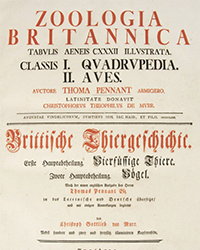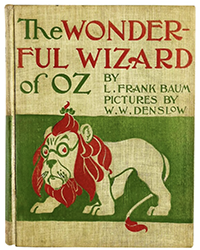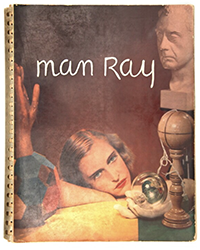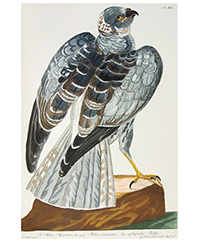Rare Book Monthly
Articles - January - 2004 Issue
Eccentricity At the Top:<br>Richard Mentor Johnson

Invitation to meet Col. Johnson during the 1840 campaign. Courtesy of Library of Congress, Rare Book and Special Collections Division.
Shortly after the turn of the century, Johnson was first elected to public office, beginning with the Kentucky state legislature. Then, in 1806, he was elected to the U.S. House of Representatives, the first native-born Kentuckian to reach national office. Johnson was elected as a member of the Republican (later to become Democratic) party, and a few years later, would join up with a group of other young congressmen including Henry Clay, John Calhoun, and the aforementioned William King, known as the “War Hawks.” These congressmen, fed up with British impressments of American sailors and activities on the frontier, agitated for war, and in 1812, they got their way. Johnson was no sideline soldier. Despite being a congressman, he rounded up a bunch of volunteers and went off to war himself, serving under the illustrious general William Henry Harrison, Tippecanoe for short. Ironically, Johnson’s loyalty to General Andrew Jackson and the Democratic Party would place him on the opposite side of the isle to both Clay and Harrison at the pinnacle of his career.
It would be on a fateful day during this period of his life that now Colonel Johnson’s name, and the remainder of his career, would be made. Johnson was certainly a decent, intelligent and brave man, one who cared about others who suffered, but it is unlikely he would otherwise have ever risen to more than an obscure Kentucky representative. He was not brilliant, not a great speaker, tended to give in at times to party pressure, and often was involved in financial deals that were somewhat in conflict with his governmental responsibilities. But, no one could question his courage, and on October 5, 1813, along the Thames River, north of the Canadian border, the legend of “Rumpsey Dumpsey” was born.
The Americans were battling the British and their Indian allies, under the legendary Shawnee Chief Tecumseh. In the days when the American West was still east of the Mississippi, Tecumseh had managed to bring many of the “western” Indians together to fight off the encroachment of American settlers. He had been a thorn in the Americans’ side for decades at this point. Joining forces with the British, Tecumseh and his followers would find themselves at battle with General Harrison’s troops. Regiments led by Johnson and his brother attacked the Indians while other of Harrison’s troops dealt with the British.
No one knows exactly what happened that day, but this much is clear. Colonel Johnson mounted his horse and led his troops in the charge. He was, as he well knew, a sitting duck up there on his horse, but Johnson put his convictions about the war into incredibly brave action. He took five bullets that day, his horse many more, but miraculously, none of them hit a vital organ. Johnson would spend the rest of his life at least partly crippled and suffer much pain, but he would live until his heart finally gave out 37 years later.

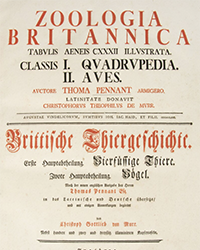
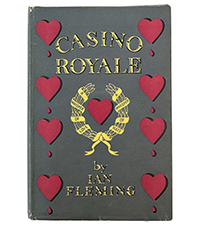
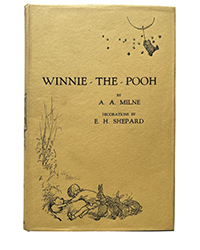
![<b>Sotheby’s:</b> Ernest Hemingway. <i>Three Stories And Ten Poems,</i> [Paris], (1923). First edition of Hemingway’s first published book. $75,000. Sotheby’s: Ernest Hemingway. Three Stories And Ten Poems, [Paris], (1923). First edition of Hemingway’s first published book. $75,000.](https://ae-files.s3.amazonaws.com/AdvertisementPhotos/acf970a0-a15d-4c79-aa24-5e8e414cb465.png)
